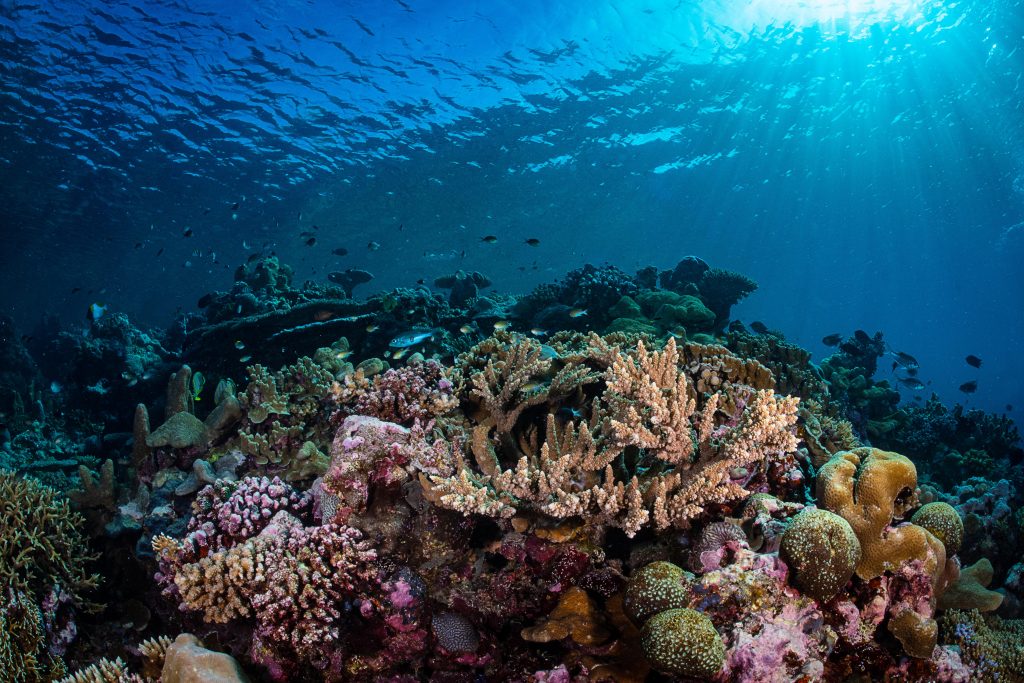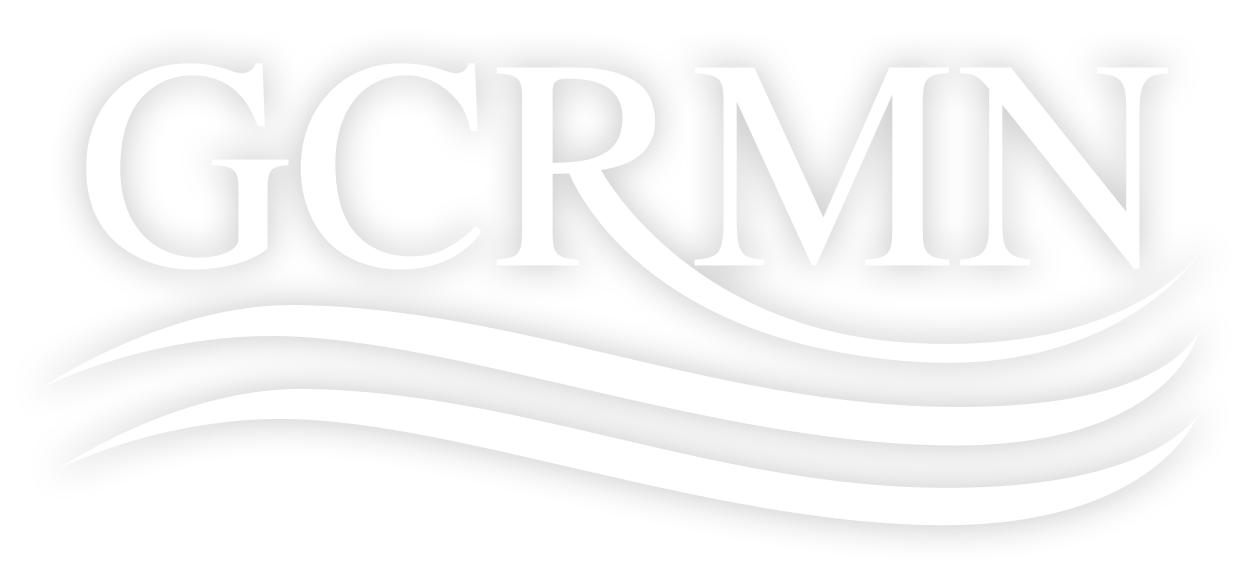One of the most widely used indicators of coral reef state is the percentage cover of benthic organisms. Because of the huge diversity hosted by coral reefs, the cover of benthic species is usually aggregated in large categories, such as hard coral cover or macroalgae cover. This aggregation is mainly justified by a trade-off between the number of surveys conducted and the level of taxonomic precision reached. Indeed, grouping similar species into broad categories takes less time than identifying them at the species level, which means more surveys can be carried out on a greater number of monitoring sites. However, for some monitoring programs, this aggregation may also have been chosen because of limited skills in the taxonomy of benthic organisms.
In the context of climate change, increasing the taxonomic resolution of benthic cover monitoring data will be needed to understand more precisely the ongoing changes occurring in coral reef communities. Indeed, in some sites, hard coral cover may have remained stable over time while the relative coverage of hard coral species has changed. For example, a change in the composition of the community from branching corals to massive corals can have major consequences for the functioning of the ecosystem.
To facilitate the acquisition of benthic cover monitoring data at a greater taxonomic resolution, the NOAA Fisheries Pacific Islands Regional Office developed the Coral Species Identification Training Program, led by Dr. Douglas Fenner. This program is based on different hard coral identification guides, that have been produced for different territories of the Pacific, and that are freely accessible (see HERE).
The coordinators of the Coral Species Identification Training Program are organizing an online training workshop on Wednesday 11th October 2023. This training is intended for coral reef scientists, managers, monitoring teams, surveyors, and anyone interested in the identification of corals, and no previous knowledge is required to take part. The planned duration for this online workshop is 5 hours with a 30 min break mid-way. If you are interested in participating in this online workshop, please contact Dr. Douglas Fenner (his email address is provided on this webpage).






